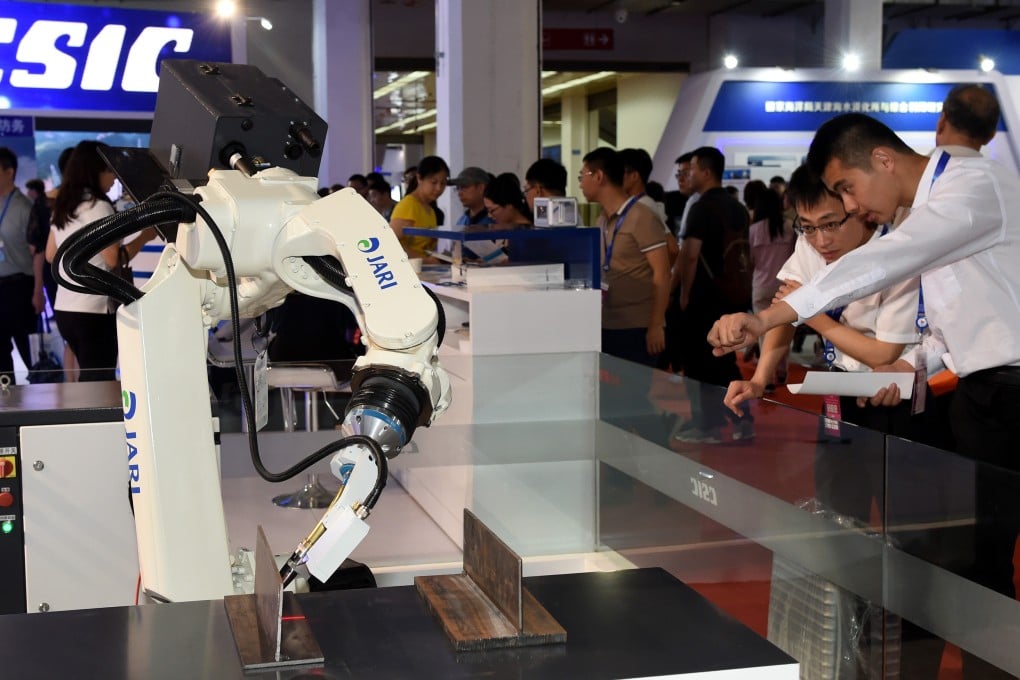China must rein in SOEs to gain upper hand in tech war, help private firms like Huawei to innovate
- Beijing’s unwavering support for its state-owned enterprises (SOEs) has been a central complaint lodged by the United States since the start of the trade war
- One academic claims the US fears Huawei, the privately owned telecommunications giant, more than China’s Dongfeng ballistic missile

China should not bet on its state-owned enterprises to win the trade war with the United States since they will not be able to achieve hi-tech breakthroughs, Chinese pro-market academics warned, saying they must instead rely more on the private sector to gain an upper hand.
There are around 120,000 SOEs in China, holding total assets worth around 195 trillion yuan (US$28 trillion) as of the end of June, according to a measure by academics from the university, with 48 central state-owned enterprises ranked on the Fortune Global 500 list this year.
“A government-made Global 500 company does not deserve respect, but [a firm] that enters the list through real technological innovation should be respected and is the hope of our nation,” said Li Jianwei, director of the Civil, Commercial and Economic Law School at the China University of Political Science and Law, who argued that the Chinese market was unable to achieve its true place in competitive fields due to the massive number of SOEs.
What scares the US is not the Dongfeng [ballistic] missile, but Huawei. We can make the US more fearful only by putting more resources and policy support in place for private companies
The subject of SOE subsidies was missing from the statements both countries made after the high-level trade talks in Washington earlier this month, while both claimed to have achieved progress on technology-related topics including intellectual property protection and forced technology transfer.